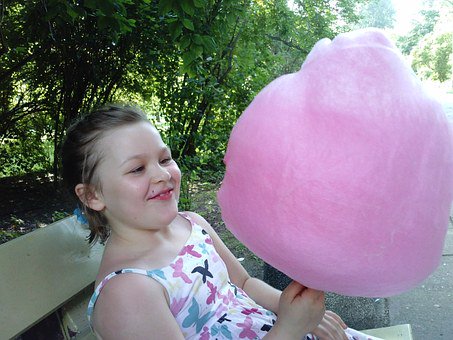What does it mean when someone says, “I sold my business?” Is it a real business sale or just a fluffed up, artificially sweetened story?
Why should you care?

Outside In
From the outside all you know is “Jim sold his business”. But that doesn’t make sense, because you know that the business wasn’t making any money. Does that mean you can sell a business even if it doesn’t make any money?
Jim sold his business and he never made a penny. I’ll be able to unload my business when I’m ready, no problem.
The conclusions we make based on these outside perceptions reinforce the idea that there is some secret formula that gives a small business great, hidden value. This is a very dangerous and unfortunately common belief of small business owners.
Experience with business transitions will teach you that you can’t look at a business sale from the outside and know what went on with the transaction.
- Perhaps the seller had better results than you think.
- Maybe the buyer made a horrible purchase and the seller just got lucky.
- What if the seller offered the business assets for sale at a very low price?
- Maybe the seller calls it a “business sale”, when really they just found a quiet way to go out of business.
It’s impossible to know what’s going on from the outside of a transaction, but you should know, that sometimes a “business sale” is just . . .
Selling Stuff
Most businesses have assets with intrinsic value: equipment, real estate, inventory, etc. Those assets have value unrelated to the performance of the business operations, for example, a company vehicle has a certain value whether the company makes money or not.

When someone sells a small business in a transaction where no value is generated because of the results of the business, in reality the owner just “sold their stuff” (“sold their stuff” might not be the technical term, but you don’t need to care about the technical terms). The sale of business “stuff” usually results in a dramatically lower price – often pennies on the dollar. Don’t believe that? Think of what kind of deal you expect when you see a “going out of business” sign. Do you go in ready to pay full price?
Selling your stuff is not the same as . . .
Selling a Business
Beyond the intrinsic value of the stuff that a business owns, there’s an opportunity to create value that’s based on the successful results of the business. That value is created when the things a business owns combine to produce financial results beyond the intrinsic value. Suddenly your $30,000 of “stuff” produces $300,000 in Seller’s Discretionary Earnings – and selling that money making machine is what we mean when we say someone “sold a business”.

We all know we can probably sell our equipment if we’re willing to discount the value to a low enough number to attract buyers. But that kind of liquidation is rarely what owners aspire to do when they say “I want to sell my business someday.”
Why it Matters
We learn from what we see around us. That’s why it’s important that you don’t let someone’s “I sold my stuff”, fluff story, repackaged as an “I sold my business” story, cloud your understanding.
If you want to sell your small business someday, you need results that, at a minimum, meet a potential buyers two basic needs. At Exit Oasis we describe meeting those needs as understanding “my results buy my business”. The results you generate are what fuel your ability to sell your business.
This isn’t a question of judging the seller. If someone wants to tell their “sold my stuff” story as one where they “sold their business” that’s up to them. The business broker will certainly label it a successful sale. What we’re calling out is the difference between “selling your stuff” and “selling your business”. Knowing the difference can help you avoid making dangerous assumptions about what it will take to be able to sell your own small business someday.